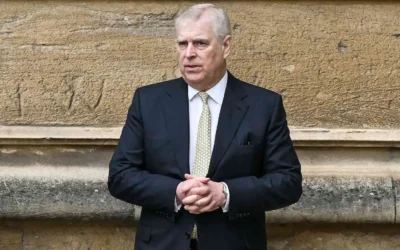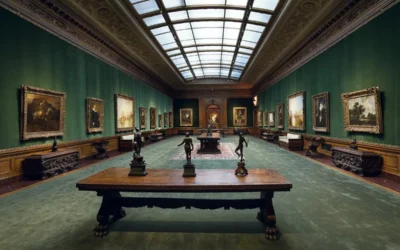The Midnight Order and the Alien Enemies Act
In a surprising development, the United States Supreme Court recently issued a midnight order under the controversial Alien Enemies Act, effectively blocking the deportation of Venezuelan migrants. This decision has reignited intense debate around the intersection of law, immigration, and executive power, particularly in the context of former President Donald Trump’s policies.
What is the Alien Enemies Act?
The Alien Enemies Act, a federal law established in the early 19th century, grants the President the authority to detain and deport non-citizens from countries that are at war with the United States. This act has come under scrutiny over the years for its potential to infringe upon the rights of individuals based solely on their nationality.
The Context of the Midnight Order
The Supreme Court’s midnight order, issued just before a critical deadline, came as a surprise to many legal experts and political analysts alike. The decision effectively halts the deportation actions against Venezuelan migrants, most of whom are fleeing a humanitarian crisis in their home country. The court’s intervention was seen as a necessary response to the potential violation of due process rights and other constitutional protections.
Justice Alito’s Dissent and Critique
Justice Samuel Alito, known for his conservative viewpoints, was vocal in his dissent concerning the court’s order. He criticized the majority’s decision as being “legally questionable,” arguing that the executive branch has the constitutional authority to enforce immigration laws, especially in situations concerning national security and public safety. Alito expressed concern that such judicial interventions could set a precedent limiting the government’s capacity to respond effectively to perceived threats.
The Implications of Alito’s Critique
Alito’s comments reflect a broader ideological divide within the court and the political landscape surrounding immigration policy. His argument raises questions about the balance of power between the executive branch and the judiciary, particularly regarding how the courts intervene in immigration matters.
The Impact on Venezuelan Migrants
The implications of the Supreme Court’s decision are profound for thousands of Venezuelan migrants currently in the United States. Many of these individuals have fled their home country due to violent political turmoil, food shortages, and lack of basic services, making their deportation not just a legal issue, but a matter of human rights.
Human Rights Concerns
Advocacy groups and human rights organizations have lauded the Supreme Court’s decision as a step towards further protecting vulnerable populations. The potential deportation of Venezuelans could have dire consequences, sending individuals back to an oppressive regime where they face persecution and violence.
Legal and Political Reactions
Reactions to the Supreme Court’s order have been mixed. Politicians from both sides have taken a stance. Many Democrats have hailed the decision as a victory for humane immigration policy, while Republicans, led by proponents of former President Trump’s stringent immigration policies, have expressed outrage, arguing that it undermines national security.
The Future of Immigration Policy
This latest decision from the Supreme Court raises important questions about the future of immigration policy in the United States. With the Biden administration currently grappling with a surge in migrants at the southern border and ongoing debates about how to handle those seeking asylum, the court’s intervention comes at a pivotal time.
Legal Precedents Going Forward
The ruling may set a precedent for how future cases regarding immigration and deportation are handled, particularly concerning the balance of powers between the judiciary and the executive branches. Legal experts suggest that the precedent set in this case could limit the scope of the Alien Enemies Act if subsequent cases arise regarding non-citizen rights during wartime or national emergencies.
Conclusion
The Supreme Court’s midnight order blocking the deportation of Venezuelan migrants under the Alien Enemies Act is not merely a legal decision; it encapsulates the ongoing struggle over immigration policy in the United States. As debates continue about the balance of power and the protection of individual rights, this case stands as a focal point for discussions about the future of immigration and human rights in America. The insights from Justice Alito and the reactions from various political factions will likely shape the narrative as we move forward.
Reflection
As the situation continues to unfold, the implications for Venezuelan migrants and others under similar circumstances remain critical. The need for humane immigration policies that respect human rights and the rule of law is more essential than ever in a nation built on the principles of liberty and justice for all.







